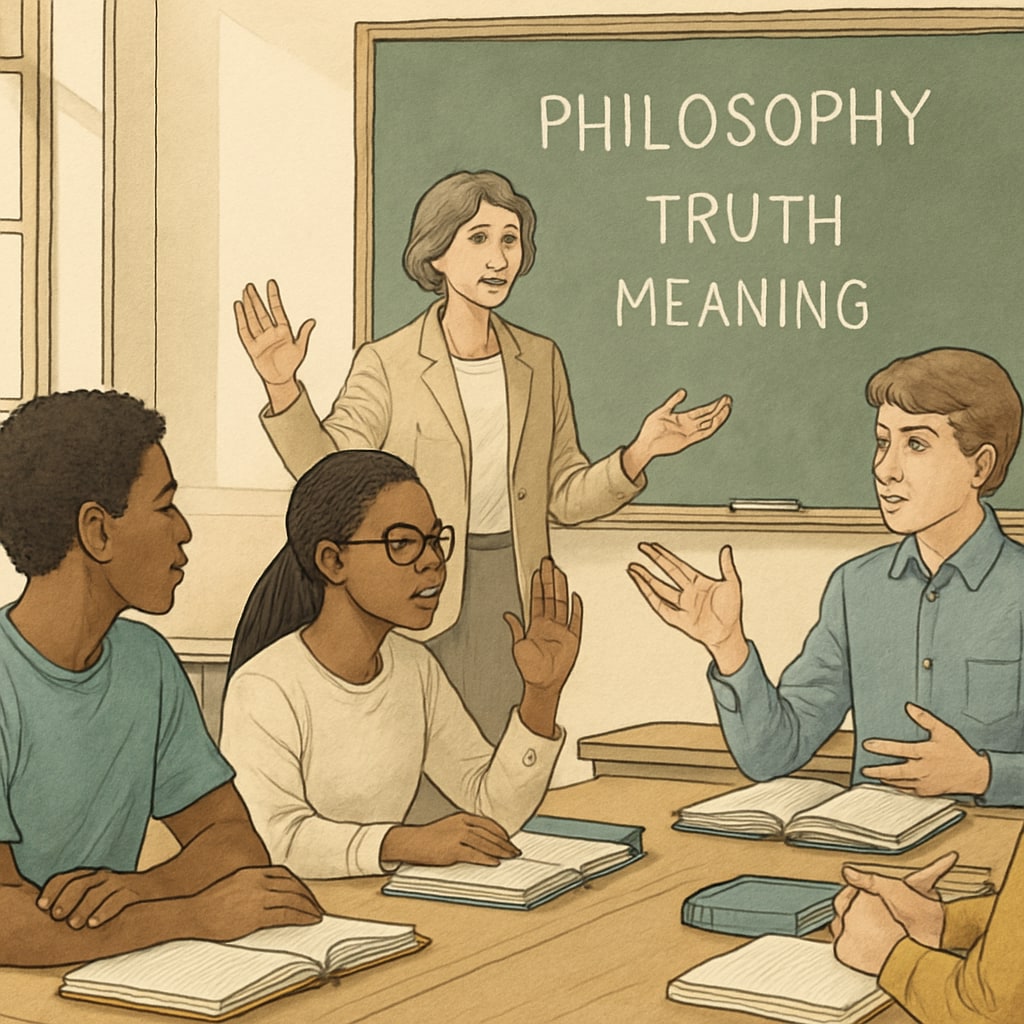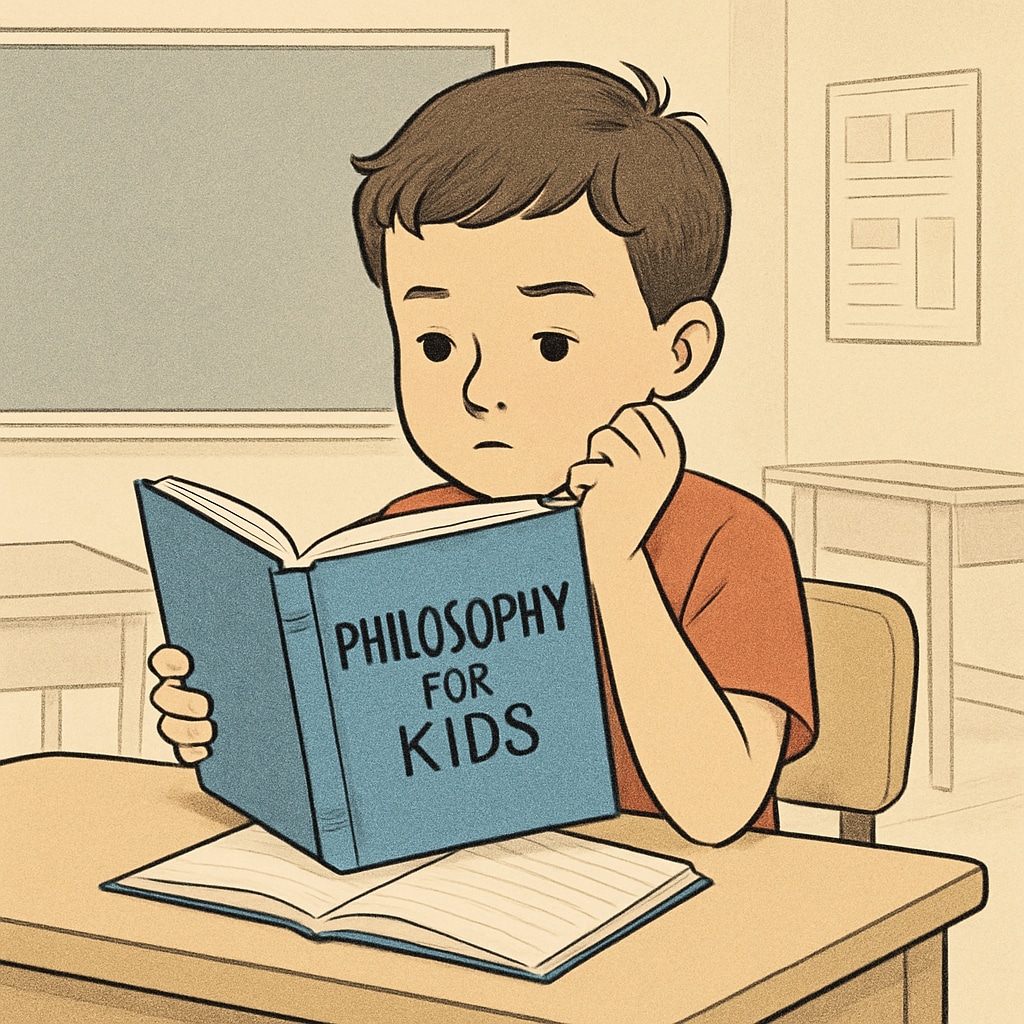Psychology, philosophy, and hobbyist learning are powerful tools for nurturing critical thinking and self-awareness in young minds. By introducing these subjects in K12 education, educators can inspire curiosity while equipping students with essential cognitive skills. This article provides practical strategies and resources to integrate psychology and philosophy into educational practice, ensuring students benefit from early exposure to these foundational disciplines.
Why Teach Psychology and Philosophy in K12 Education?
Psychology (the study of the mind and behavior) and philosophy (the study of fundamental questions about existence, knowledge, and ethics) offer unique perspectives that enrich learning. For example, psychology encourages students to explore how their minds work, improving emotional intelligence and problem-solving skills. Philosophy, on the other hand, promotes critical thinking and ethical reasoning, helping students tackle complex questions and make informed decisions.
Moreover, introducing these subjects early can prepare students for lifelong learning. As they explore psychological concepts like motivation, memory, and perception, or philosophical ideas such as logic and morality, they develop a deeper understanding of themselves and the world around them. This, in turn, fosters academic success and personal growth.

Resource Recommendations for Young Learners
To ensure the effective integration of psychology and philosophy into K12 education, educators and parents can rely on age-appropriate resources. Below are some recommendations tailored for different age groups:
- Elementary School: Interactive books like “What Should Danny Do?” and “Philosophy for Kids” introduce basic psychological and philosophical ideas through storytelling and role-play.
- Middle School: Educational videos such as CrashCourse Psychology and podcasts like “Brains On!” are excellent for engaging students in introductory concepts.
- High School: Books like “The Psychology Book” by DK and “Sophie’s World” by Jostein Gaarder provide deeper insights into the subjects, while online platforms such as Britannica offer reliable information for research and exploration.

Practical Tips for Implementing Psychology and Philosophy in Classrooms
Incorporating psychology and philosophy into K12 education doesn’t have to be overwhelming. Here are a few practical tips:
- Start with discussions: Encourage students to reflect on questions like “Why do we think the way we do?” or “What does it mean to be ethical?” These open-ended questions lay the foundation for deeper exploration.
- Use multimedia: Incorporate videos, podcasts, and interactive games to make abstract concepts more relatable and engaging.
- Encourage journaling: Ask students to maintain a journal where they analyze their thoughts and emotions, applying psychological concepts and philosophical reasoning.
- Host debates: Organize debates on philosophical topics such as “Is happiness the ultimate goal in life?” or psychological themes like “Nature vs. Nurture.”
By combining discussion, multimedia, and practical activities, educators can ensure that students not only understand these subjects but also enjoy learning them.
Benefits of Integrating Psychology and Philosophy
Teaching psychology and philosophy in K12 education offers a wealth of benefits, including:
- Enhanced critical thinking: Students learn to analyze problems from multiple perspectives, making them better problem-solvers.
- Improved self-awareness: Exploring psychological principles helps students understand their emotions and behaviors.
- Ethical reasoning: Philosophical debates encourage students to consider moral implications and develop a sense of responsibility.
- Interdisciplinary learning: These subjects complement other areas such as science, literature, and history, promoting holistic development.
As a result, students gain skills that extend beyond the classroom, preparing them for challenges in both academic and personal life.
In conclusion: Introducing psychology, philosophy, and hobbyist learning into K12 education is a transformative approach that fosters critical thinking, self-awareness, and ethical understanding. By using tailored resources and engaging methods, educators can inspire students to explore these subjects and unlock their intellectual potential.


